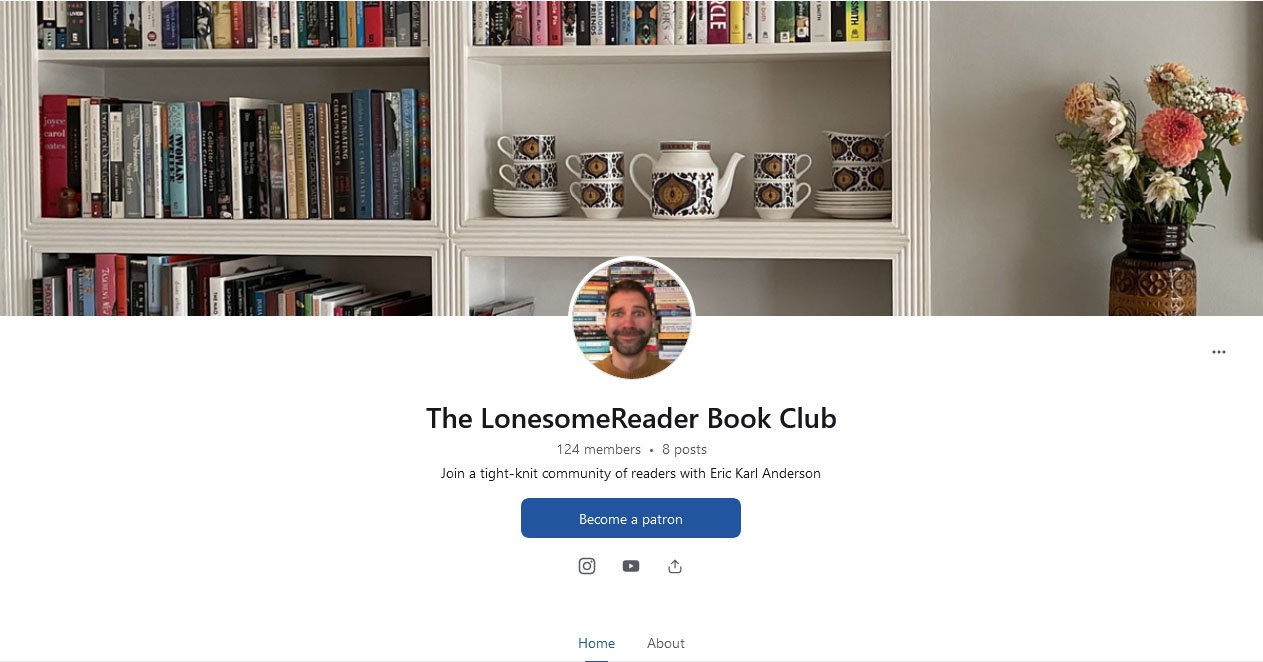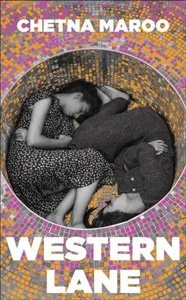I was initially a bit apprehensive about how much I could connect with this novel's story as I knew it centres around a girl who plays squash. Since I have zero interest in sports I approached it cautiously. But I instantly felt involved in this tale which has a wonderful quietness to it. Beneath the surface action there is a lot of subtle power which arises through finely crafted descriptions of this family's life. It gradually shows how there are silences which can grow between family members until they become monumental. At the beginning the narrator, Gopi, informs us that she was 11 years old when her mother died and we follow the aftermath of her loss. She's left with her two older sisters and brooding father living in a town on the outskirts of London. Instead of dealing with or discussing their grief, the father trains his girls to play squash in a sports centre called Western Lane stating to them “I want you to become interested in something you can do your whole life.” In other words, this is an activity that can potentially stave off the void that's been created because of the loss of their mother.
Gopi develops a passion and talent for playing which her Pa fosters leading up to a local tournament. She spends so much time refining her technique in this empty box of the squash court repeatedly hitting a ball against the wall. It turns into a space which has a timeless quality to it where neither her adolescent development or the loss of her mother matters. The story traces this period showing no matter how much we'd like to remain suspended in the present moment change is inevitable. This becomes apparent through gradual shifts which occur in the family's routines between work, school and home life. Their restrained interactions are charged with an aching sorrow because of the loss of Gopi's Ma and all the emotions they're suppressing. What her sisters and father are truly feeling can only be guessed at in brief moments of overheard conversations or uncharacteristic behaviour. At the same time, the prospect of Gopi's own displacement becomes more probable as her aunt and uncle offer to take her into their home to relieve her father of the burden of raising three daughters on his own. It's heartrending following Gopi's lonely journey as she becomes more and more disciplined in her training while the conspicuous absence within her family grows larger.
I admire Maroo's pared down narrative style which builds precise details of action and dialogue to give an intricate portrait of Gopi's world. As time moves on and their lives necessarily progress without Ma there are reminders that she's gone. Gopi attends a Gujarati school in addition to her English education. This was her mother's primary language. There are moments when one sister still tries to speak to Ma using it or when their father seems to see Ma in a living room chair. While each member of the family mourns in their own way, the aunt and uncle as well as the Gujarati community hurriedly move in to provide instruction for the motherless girls and fill their kitchen with food. The narrative gracefully moves between tender private moments of family life and more public demonstrations of being a functioning unit. While it's definitely a melancholy story there's also a lot of warmth and joy to it. The sisters share such a close physical bond often climbing into each other's beds but they all have distinct personalities. There's also a sweetness to how adolescent Gopi invests so much energy and focus upon this tournament when we know in ten or even five years time the result won't matter to her because she'll have grown and moved beyond it.
It's also a story of an immigrant family and community in Britain who have connections between India, Kenya and Pakistan. While there are subtle tensions which arise from this such as a wariness about Gopi and Pa developing close relationships with a white woman and her son Ged at Western Lane, it's not dramatised for the sake of the plot. It's simply there in the background as part of their lives and I appreciate how this is presented so naturally. Though the family possesses a strong sense of self through their place in the community there's still an ambivalence about how to interact with each other given the tremendous loss they've sustained. Equally, Gopi is so uncertain in how to communicate openly with Ged though there are strong feelings between them: “We were shy and afraid because there was all this feeling between us and we didn't know who we were.” It's beautiful how moments like this capture all the awkwardness of adolescence where so many emotions are present but can't be adequately expressed. At the beginning of the novel her sister Khush assures Gopi that “Things are going to be okay” and we know this will be true despite the depression which could overwhelm them. But it's very touching how this novel shows the way Ma's absence will always be a part of their lives but it won't be the main thing which determines their future.
I imagine some readers might grow impatient with this novel or feel its plot is too slight, but I felt very moved by the gentleness of its story. It's interesting that Chetna Maroo worked alongside author Thomas Morris in The Stinging Fly's workshop program. He's a writer that similarly writes about scenes of contemporary life in a way which stirs a lot of subtle emotion. “Western Lane” feels like a promising debut and I hope Maroo writes more.
















